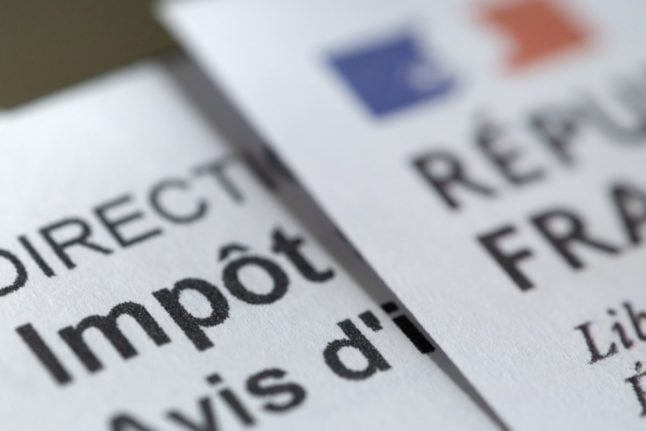The EU’s Entry & Exit System (EES) of enhanced passport checks will usher in big changes for travellers – here we answer readers’ questions on the position for dual nationals.
What will Europe’s EES passport checks mean for dual nationals?
We’re not going to lie to you – there’s no doubt that Brexit has made moving to France more complicated for Brits. Importantly, however, it is still possible, and popular, according to France-based estate agents who deal very regularly with British clientele. Here are some of the things you need to know before making the move.
9 things Brits need to know about moving to France since Brexit
Speaking of moving to France, here’s something anyone with property here will need to know. With the deadline to have completed the property tax declaration approaching, here’s a look at all the vocabulary you will need to fill out the form.
Vocab guide for the French property tax declaration
At some point during your life in France, you will probably be asked to write a grand-sounding ‘attestation sur l’honneur’ – here’s what this document is for and how to write one properly.
How to write a French ‘attestation sur l’honneur’
Donating blood can help save lives – and authorities often issue appeals for donors around holiday periods, including the public holidays in May. If you want to donate in France, here is what you need to know … especially, and this is important, if you’re a Brit of a certain age….
And finally… it has been in the news over the past few days, because the sails fell off. Here’s a look at the wild history and the turbulent present of Paris cabaret the Moulin Rouge.



 Please whitelist us to continue reading.
Please whitelist us to continue reading.
Member comments